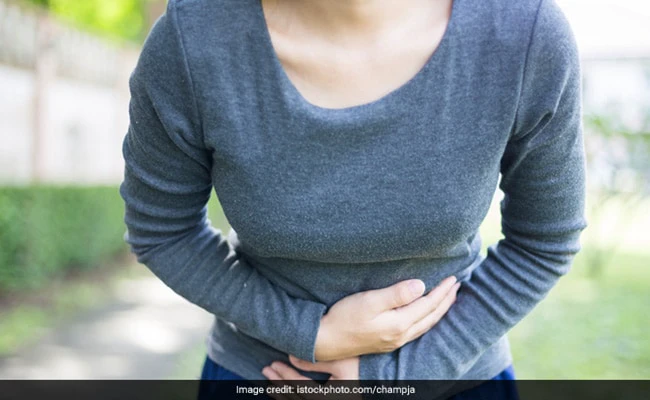Nutritionist Lovneet Batra recently busted a few myths about the menstrual cycle. In her latest Instagram post, she wrote, “We’ve all grown up hearing half-truths about periods and the menstrual cycle.” She then explained the difference between “What we are taught about the menstrual cycle and what’s really true” in a series of picture messages.
She addressed some of the most common questions about this natural phenomenon in a woman’s body and revealed the science behind them.
According to the nutritionist, here’s what science really says:
1. Is the menstrual cycle always 28 days?
Calling the 28-day cycle just an “average,” she elaborates: “No, a normal cycle ranges 21-35 days and can vary from person to person and month to month.”
2. Ovulation always happens on day 14?
She clarifies that ovulation timing is not fixed, saying: “Ovulation occurs 12-16 days before your next period, not fixed on Day 14 for everyone.” She also notes that while for some this may fall on Day 14, it can shift depending on the length of an individual’s cycle.
3. You can only get pregnant on ovulation day?
She mentions: “No, sperm can live up to 5 days, making the fertile window about 6 days.”
4. PMS is all in your head?
She reveals PMS is very real, explaining: “PMS is real-caused by hormonal fluctuations.” She further adds: “In some, severe symptoms (PMDD) can affect daily life,” since hormonal changes can cause physical, emotional and behavioural symptoms.
5. You shouldn’t exercise during periods?
She clarifies: “There’s no rule against moving your body during periods.” The nutritionist also insists: “No, exercise is safe and may even relieve cramps & boost mood with endorphins,” adding: “Unless you personally feel too uncomfortable.”
6. You can’t get pregnant during your period?
According to Lovneet, while rare, it is still possible: “No, it’s rare but possible – especially with shorter cycles where ovulation happens early.”
7. Period pain is normal – just deal with it?
She shares: “No, mild pain is common, but severe pain may signal conditions like endometriosis or fibroids – don’t ignore it,” adding: “Conditions like endometriosis or fibroids could be the reason and need medical attention.”
Take a look at the post here:
The key takeaway from the nutritionist: “Everybody is different. Menstrual health isn’t one-size-fits-all, and listening to your body (and seeking help when needed) is always the right move.”
In her concluding note, she urges everyone to “Listen to your body. Seek help if something feels off.”
